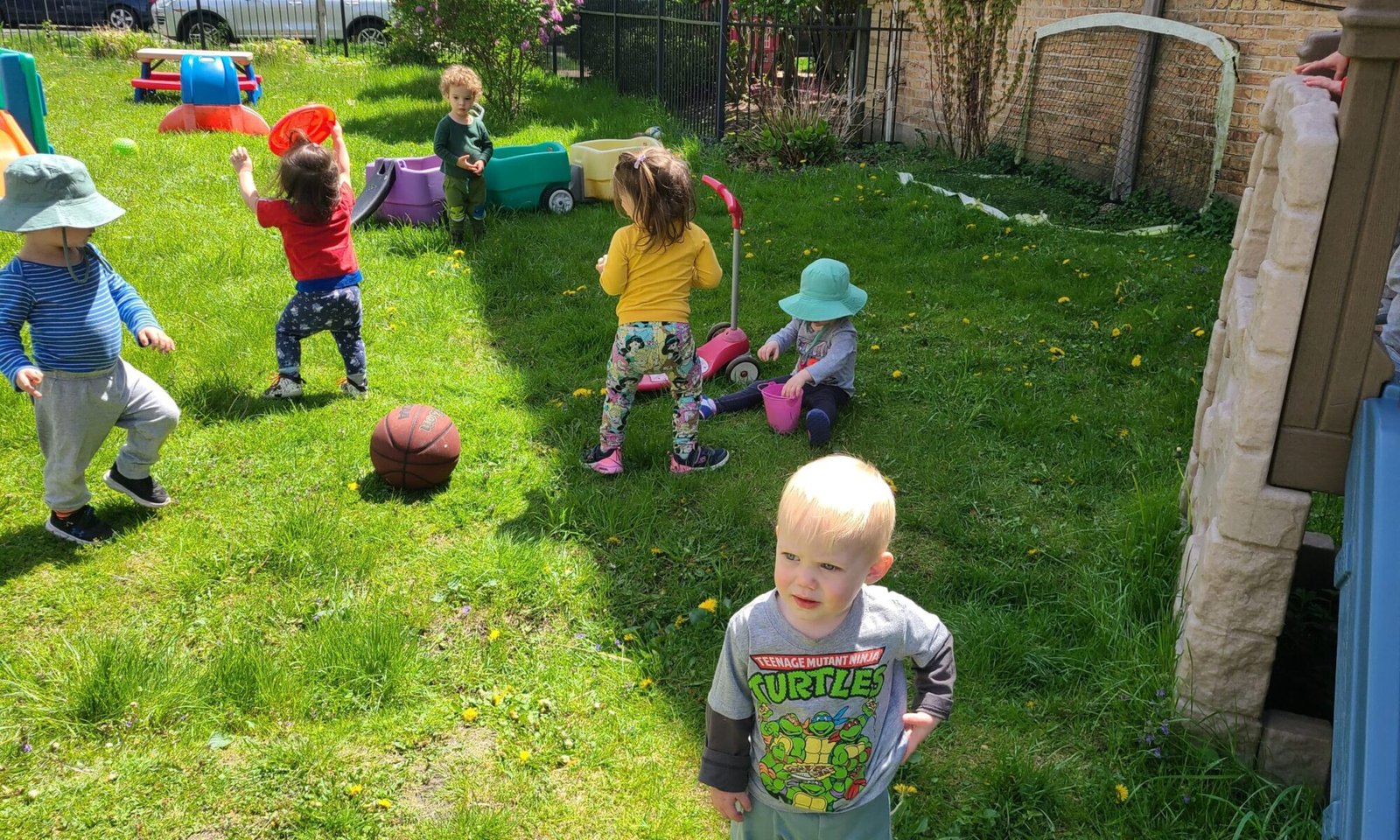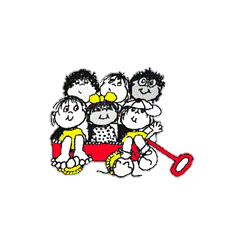Play is not just a pastime for children; it is a crucial component of their development, particularly from birth through toddlerhood. During these formative years, children learn about the world around them through exploration and interaction. Engaging in different types of play allows children to develop essential skills such as problem-solving, creativity, and social interactions.
Types of Play That Foster Growth
There are various types of play that greatly benefit child development. Sensory play, for instance, enables toddlers to engage with their environment using their senses. Playing with blocks and puzzles can enhance cognitive skills and hand-eye coordination. Physical play, like running or climbing, is vital for gross motor development, helping children gain strength and coordination. By facilitating these experiences, parents and caregivers can support holistic growth during these critical years.
Creating a Play-Friendly Environment
To maximize the benefits of play, it’s essential to create a conducive environment for children. This doesn’t mean expensive toys or elaborate setups; even simple household items can foster creativity. Provide safe spaces for children to explore, whether indoors or outdoors. Encourage interactive playdates with peers to develop social skills and emotional intelligence. Remember, the most important part of play is the joy it brings to both children and their caregivers.

